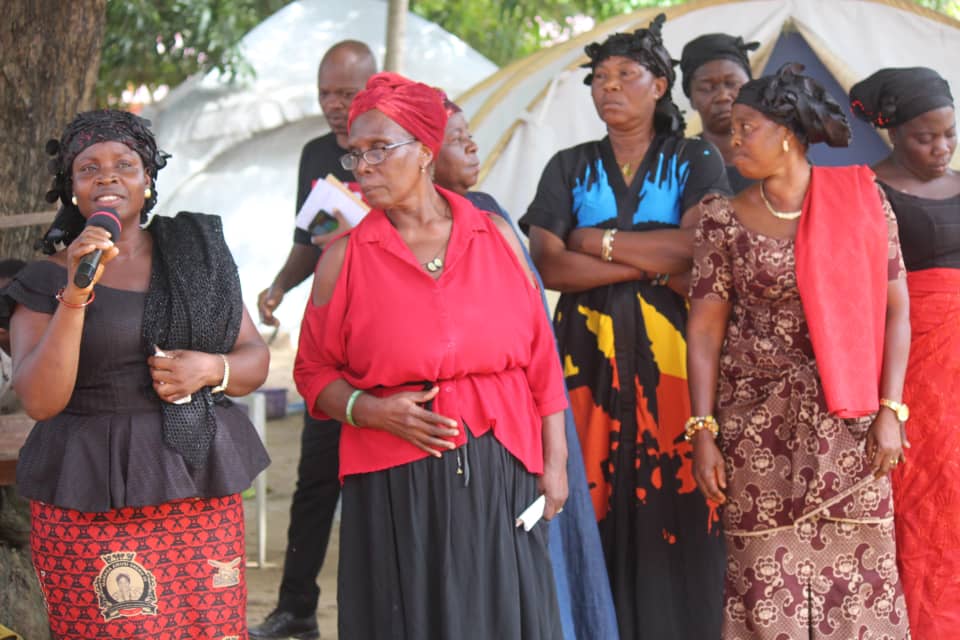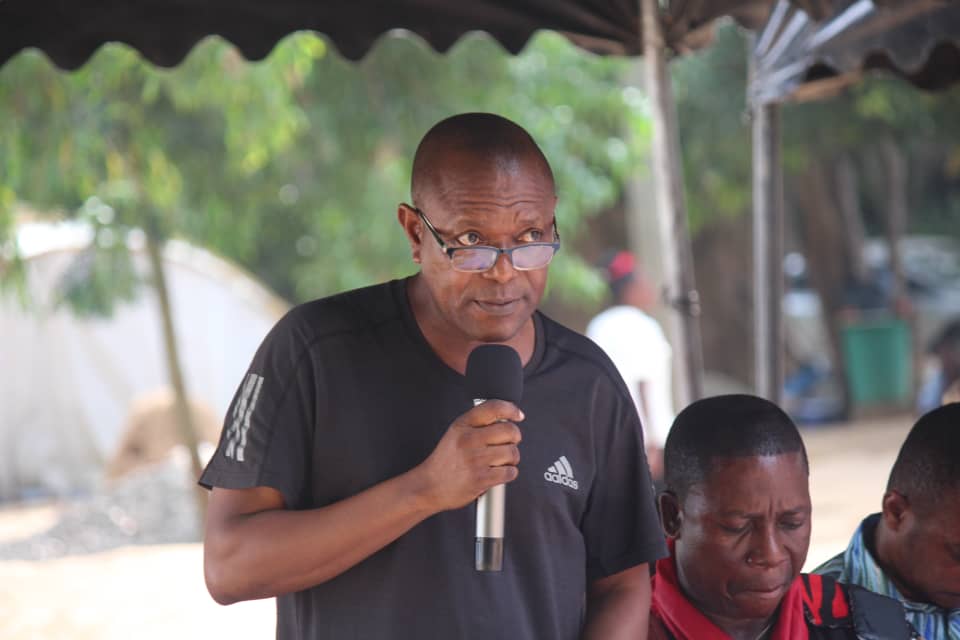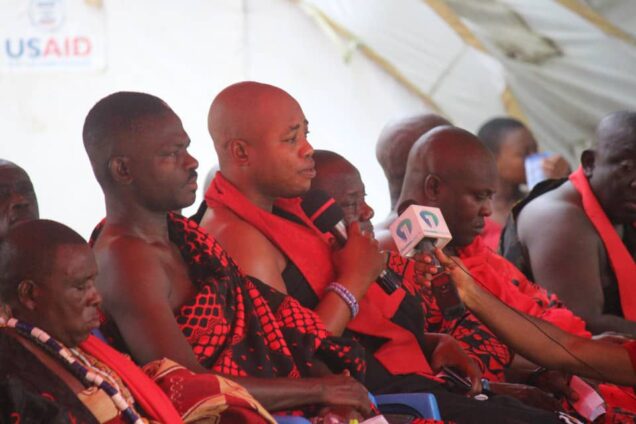The Akosombo Dam floods were not just a natural calamity; it was a test of governmental commitment to its citizens. One year later, that test remains unpassed.
The anniversary of the disaster, marked by a gathering at the Degorme camp in Mepe, underscored the glaring gaps in disaster management and recovery efforts.
Despite occasional visits by government officials, tangible support remains absent. Over 200 individuals still live in makeshift shelters, battling exposure to harsh weather and health risks.

The MDA’s expenditure of over GH₵100,000 on camp maintenance is a testament to the community’s resilience but also highlights the absence of state intervention.
The Member of Parliament for North Tongu, Samuel Okudzeto Ablakwa, is leading efforts to seek legal redress. His initiative raises questions about governmental accountability and the mechanisms in place for disaster compensation.
The community’s demands, including compensation, housing, and psychological support, are not extraordinary—they are basic expectations in the wake of such disasters. The lack of response points to systemic inefficiencies that need urgent attention.

The disaster has reignited calls for a comprehensive national policy on disaster management. Stakeholders argue that such policies must prioritise prevention, swift response, and adequate post-disaster support.
Mepe’s proactive steps—conducting detailed data collection, maintaining the Degorme camp, and initiating vocational training projects—set an example of grassroots resilience. However, such efforts cannot replace the need for robust state action.
As Mepe remembers its darkest hour, the question lingers: Will the government rise to the occasion, or will the cries of displaced people fade into oblivion?

Chairman of the Mepe Development Association (MDA), Fabian Mawulenu Kojo, in his speech, highlighted the lingering struggles of the affected and the perceived failure of state intervention.
He said the government and its allied agencies should adequately and properly engage the Mepe Development Association, the traditional council and all other relevant stakeholders within the locality in all its engagements for the successful implementation of any of its intended interventions.
Latest Stories
-
Joy Prime to premiere “PrimeTime” with George Quaye on June 18
17 minutes -
Israel carrying out ‘extensive strikes’ across Iran as Tehran warns ‘more severe’ response coming
40 minutes -
Government suspends GH₵1 fuel levy indefinitely, new date to be announced later
1 hour -
Democratic state politician and husband shot dead in targeted attack
1 hour -
15 killed by Israeli fire near Gaza aid site, hospitals say
1 hour -
Ashaiman NDC in shock as chairman Shaddad Jallo dies
2 hours -
Mahama converts Daboya College into public Teacher Training Institution, revives Doli project
2 hours -
Prioritise prudence, not foreign debt – Deputy Ahafo Regional Imam implores African leaders
2 hours -
Mahama promises STEM School and TVET Centre for Savannah Region
2 hours -
Mahama announces new public university for Savannah Region
2 hours -
Ahiagbah demands Health Minister’s dismissal over handling of nurses’ strike
2 hours -
Mahama’s clemency for radio stations was pure gimmick – Egyapa Mercer
2 hours -
GRA postpones implementation of Energy Sector Levy
2 hours -
GES urges supervisors and invigilators to uphold integrity and honesty
5 hours -
Don’t let your parents down – Omane Boamah to Pope John SHS students
5 hours

